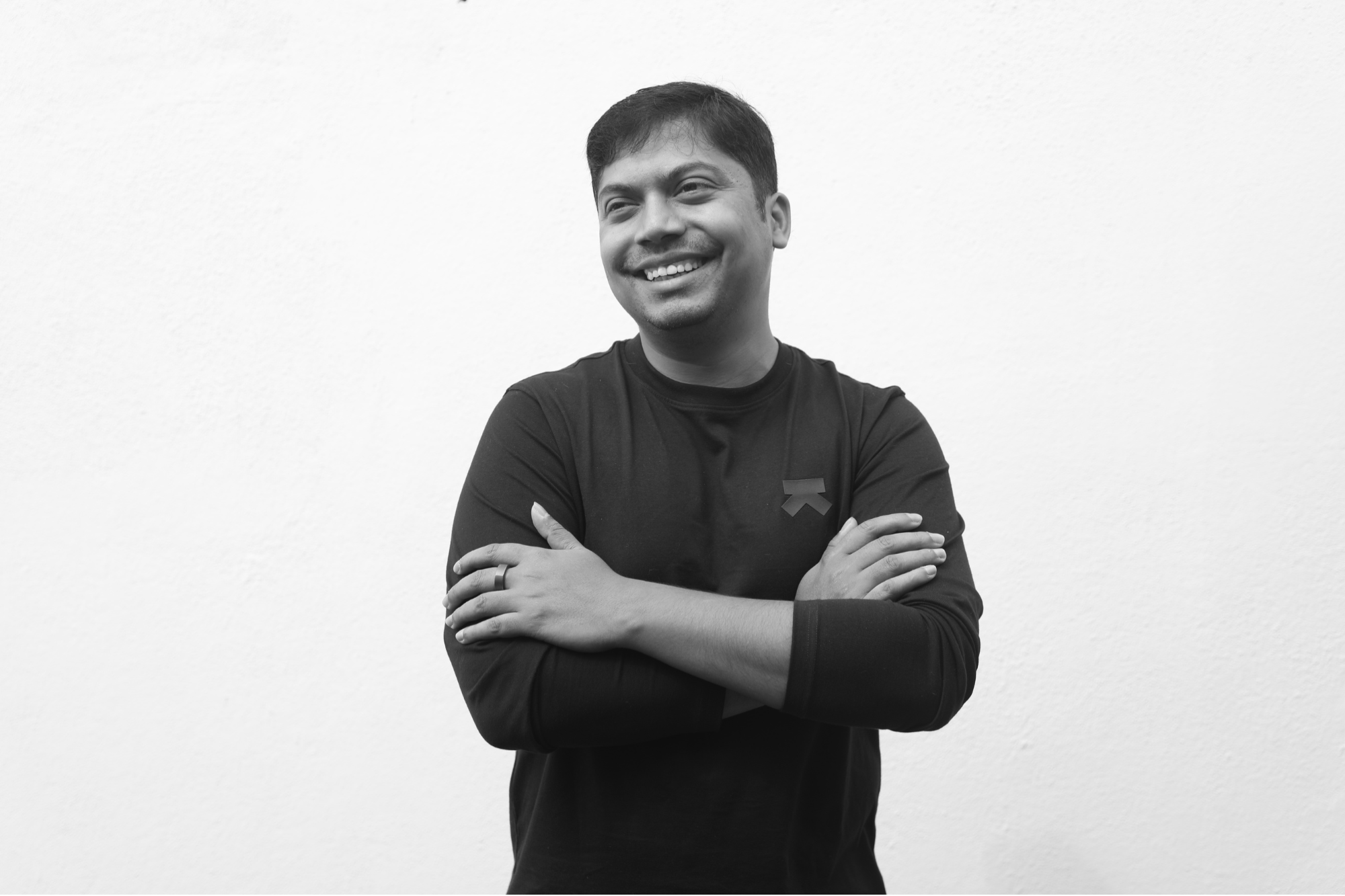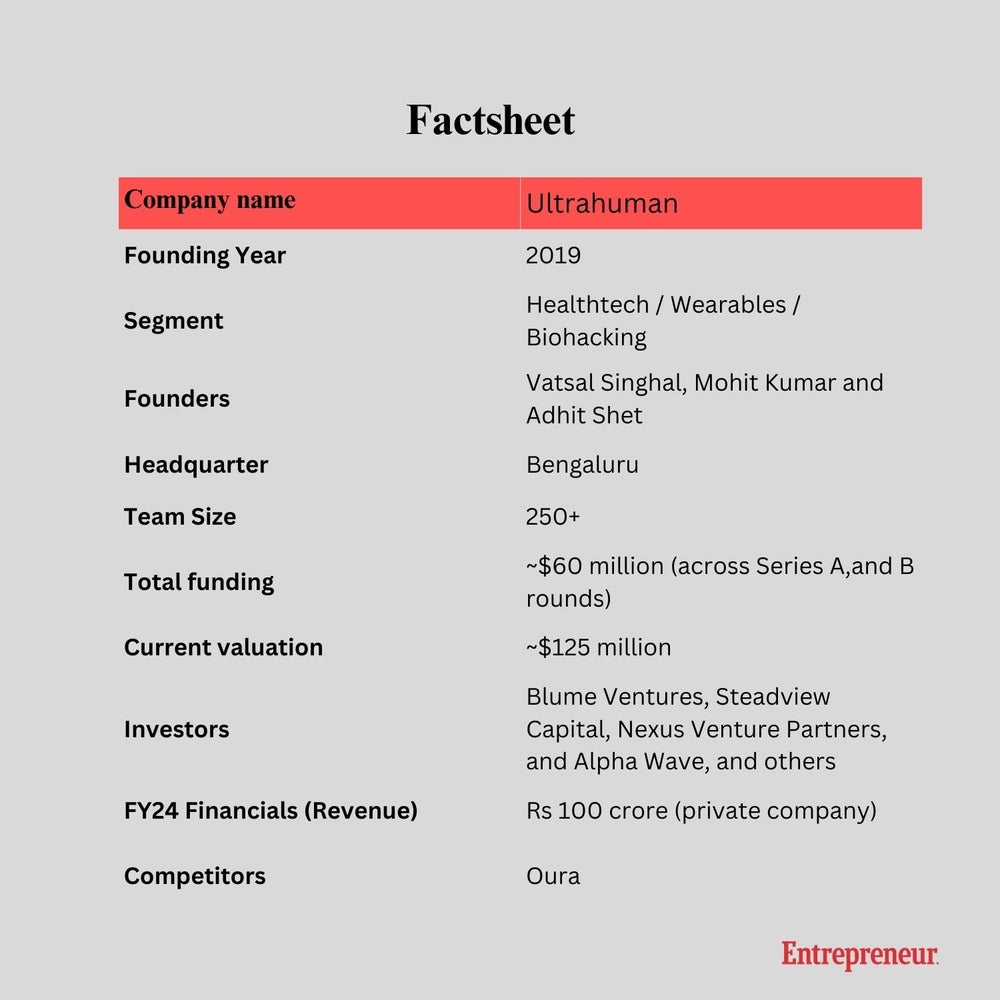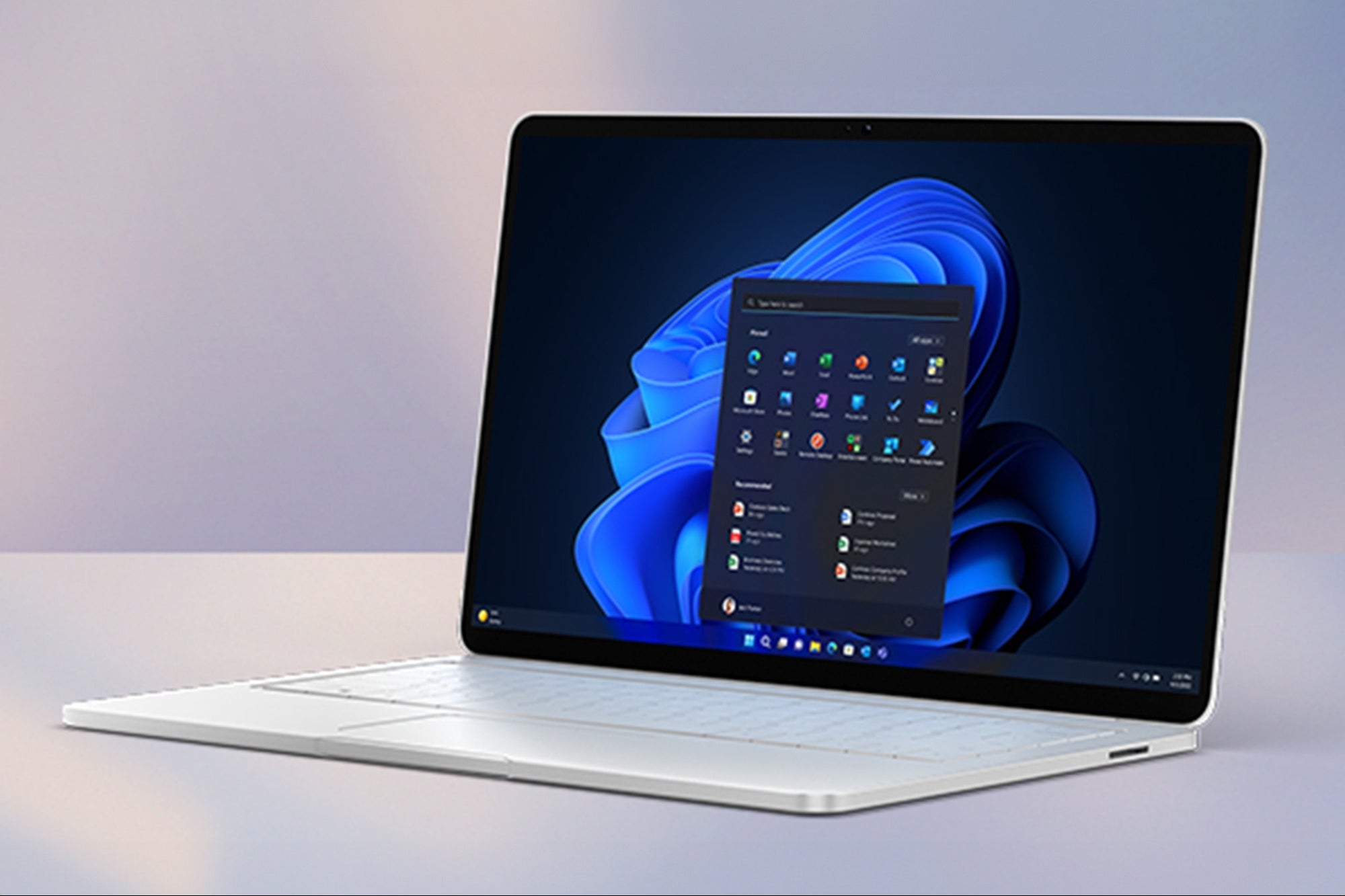Gloves Are Off: Ultrahuman CEO says Oura is Using Litigation to Block Competition Ultrahuman founder and CEO Mohit Kumar reveals the roadmap ahead after the ITC ruling in favour of its competitor Oura.
By Kul Bhushan
Opinions expressed by Entrepreneur contributors are their own.
You're reading Entrepreneur India, an international franchise of Entrepreneur Media.

Ultrahuman, a Bengaluru-based startup that sells smart rings among other medical tech products, finds itself at a rather unusual spot.
On one side, Ultrahuman suffered a loss in a patent battle against rival Oura in the US, also one of the firm's largest markets. On the other, the company is hard at work to develop a fundamentally new product that does away with the prospect of another legal battle.
In a tit for tat move, Ultrahuman has also filed a case against Oura at Delhi High Court, accusing the latter of infringing upon its patents.
Chronology of Oura vs Ultrahuman
Oura fires the first salvo (2023): Oura Health sued Ultrahuman and other competitors in a US court in 2023. Oura claimed that Ultrahuman's Ring Air breached several of its patents. It also went on to allege that Ultrahuman used former Oura employees and investors to develop a smart ring product.
Ultrahuman loses ITC's preliminary ruling (2024): The International Trade Commission (ITC) in the US in its preliminary ruling determined that Ultrahuman's Ring Air infringed upon Oura's patents.
Latest ITC ruling against Ultrahuman (2025): The ITC ruled in favour of Oura's copyright claims and issued exclusion and cease-and-desist orders barring all Ultrahuman smart rings and components from being imported into and sold in the US market.
Ultrahuman's rebuttal
Ultrahuman founder and CEO Mohit Kumar told Entrepreneur India that Oura was able to convince the ITC that it was a domestic company and that Ultrahuman was a foreign player importing products and infringing upon its patents.
But that's not the case, he said, referring to Oura's Finland connections. It's worth mentioning here that Oura has offices in San Francisco, San Diego, Helsinki, and Oulu (Finland).
He also pointed out that Oura did not own patents a few months before it sued Ultrahuman. Also mentioned on the company's blog, Oura acquired the patent family from another company in 2023 (Proxy), who themselves acquired it from yet another company in 2020 (Motiv).
"Motiv was a competitor to Oura until 2019," he said.
Explaining Oura's "structural patent", Kumar said, "What I mean by structural patent is that it pertains to the structure of the ring. And, the way it works is very simple actually. What it says is that in the ring there is an inner surface. There is an outer surface, uh, outer surface. You can imagine that it'll look like a metallic surface, basically because it's a metallic thing."
"In our case, if you have seen the Ultrahuman ring, it's like a transparent layer and between two layers. If there is electronics, which are in the form of a battery or PCB. That's their patent. So essentially the patent is that if you build a ring in a way that there are two concentric circles and there is electronics in the middle, that's their patent."
He also highlighted the evolution of payment and health tracking rings having a similar structure.
The founder also highlighted that Oura had not sued Samsung as the Korean giant had pre-emptively sued the firm in the US to ensure that the Galaxy Ring's launch wouldn't be jeopardized by potential lawsuits over patent infringement cases.
It's worth highlighting that Samsung has also petitioned the Patent Trial and Appeal Board (PTAB) to review Oura's patent claims. The board has reportedly found a "reasonable likelihood" that Samsung's request for review needs to be considered.
When asked about possible conversations outside the court to settle the matter, Kumar declined to give full details but he said that they wanted a solution.
"I think the intent from, as you can expect from their side, has not been to find a solution. But to see peace in this category is bad for them because when there was peace, they were losing market share. So actually peace is like a bad thing for them to be honest," he said.
Oura has been a dominant force in the smart ring space for a while but Ultrahuman has also occupied a noteworthy market share.
According to an IDC report published in October 2024, Oura represented 80% of the global smart rings sale followed by Ultrahuman with 12%.
"We are forecasting this to rise to 1.7 million in 2024 and 3.2 million in 2028, equating to a year-over-year growth rate of 29.5%. For comparison, the total global Smartwatch sales in 2023 were roughly 161 million devices, forecasted to rise to 175 million by 2028, an average year-over-year growth rate of 1.7%," the IDC report said.
With newer players like Samsung, Apple and other firms, especially from China, coming in, Oura may continue to face more competition, and may end up losing some market share in the short run.
Ultrahuman's plan B
The ITC ruling is definitely a setback for the company with the US being one of its largest markets outside India.
With a possible ban on its products in the US, Kumar and the team are working on a new version that comes with a completely new design. The new version is likely to ensure Ultrahuman's sustained presence in the market which essentially means its business more or less remains unaffected. A lot of it, however, is also riding on its manufacturing unit in Texas.
"The US factory currently services around 30 to 40% of our volumes that we require which basically means we need to more than double the capacity… It's not importation of goods. ITC is concerned with importation, so this is not import [but] manufacturing locally," Kumar told Entrepreneur India.
"By the end of October we should be able to do production batches. That's what the goal is," he added.
Kumar is confident that production batches would take care of at least 30 to 40% of the company's overall demand.
Kumar said that the company is also looking to tap into newer geographies to balance out the dependence on one particular market.
Kumar disclosed that outside the US, Ultrahuman is gaining fast traction in markets such as Germany, Australia, and Canada. The firm is also looking to expand its presence in the UK along with Thailand, Indonesia, Singapore, among other Asian markets.
On the ongoing US' tariff on imported products, Kumar said the company has so far absorbed the cost. But if it goes up to, say, 50% or 70%, it will be hard to sustain, he added.
Patent battles: Not new
Patent battles are not a new phenomenon in the technology world. Kodak and Polaroid were locked in legal battles for more than two decades. Even Apple and Samsung were locked in patent wars that lasted nearly a decade and eventually ended up in a settlement. Another ongoing patent battle that readers can track is Apple versus Massimo.
In the case between Apple and Massimo, the battle revolves around the pulse oximetry technology in the Apple Watch, used for measuring blood oxygen levels
Masimo, a medical device company, first sued Apple in 2020 claiming the iPhone-maker had infringed upon its patents and stealing trade secrets. The battle further intensified when Apple added the feature on its Apple Watch Series 6.
"This is pretty common [in the US], but for Indian companies trying to build in the US this is very uncommon," Kumar said.
Bad for the industry?
Even as patents are aimed at protecting the innovators, we have seen several instances of where this has become a roadblock in democratising technology.
There's a phenomenon called patent troll, essentially an individual or entity that buys patents not to practice the invention, but to profit by asserting the patents against alleged infringers, either through lawsuits or threats of lawsuits.
Kumar noted that having only one player in the market is not good for the industry as well as consumers. In fact, two or three companies that are large and competitive actually help improve the product and consumers.
"You keep, uh, finding new ways to, uh, deliver better customer experience and all that. But if you, if there's only one company, then what would they do? They will just basically try to do what is good for their own and for the profit of their own shareholders rather than basically being able to grow for the customer," he added.
 The India lawsuit
The India lawsuit
Ultrahuman earlier this week filed a patent infringement case in the Delhi High Court against Oura Health Oy and Ouraring Inc.
The firm alleges that Oura has copied several of its innovations without permission, including features related to women's health, circadian rhythm tracking, and glucose monitoring.
According to Ultrahuman, this has allowed Oura to benefit from its research and investment in public health.
"The reason why we sued them is because they launched India and they were breaching our patents very, very indiscriminately. So, we have India patents... and they launched India. They've been copying our features back to back for the last few months actually," Kumar said.
Oura, however, has downplayed the lawsuit filed by Ultrahuman in India.
"Ultrahuman's lawsuit in India has no merit and is a blatant attempt to distract from their decisive U.S. defeat. The International Trade Commission ruled unequivocally that Ultrahuman infringed on ŌURA's intellectual property, blocking all of their smart rings—and components—from the U.S. market through exclusion and cease-and-desist orders. This ruling validates not only the strength of ŌURA's patents, but also our long-term IP strategy. We've now established that ŌURA's patents are valid and enforceable—precedent that will shape the future of this category. ŌURA has demonstrated its willingness to collaborate with responsible players in the smart ring space through reasonable licensing agreements that Ultrahuman chose not to pursue. The facts are clear: ŌURA innovates, Ultrahuman imitates," the company said in a statement.
Summing up,
The legal dispute between Oura and competitors including Ultrahuman is set to have a lasting impact on the smart ring sector. Even as Oura had a victory with the US ITC ruling in its favour, history tells us that the legal battles are unlikely to end in a relatively short period of time. There will be claims and counterclaims. The patent battle also exposes the possible challenges for startups, especially in India, when they are looking to expand globally. For now, the show is far from being over.









